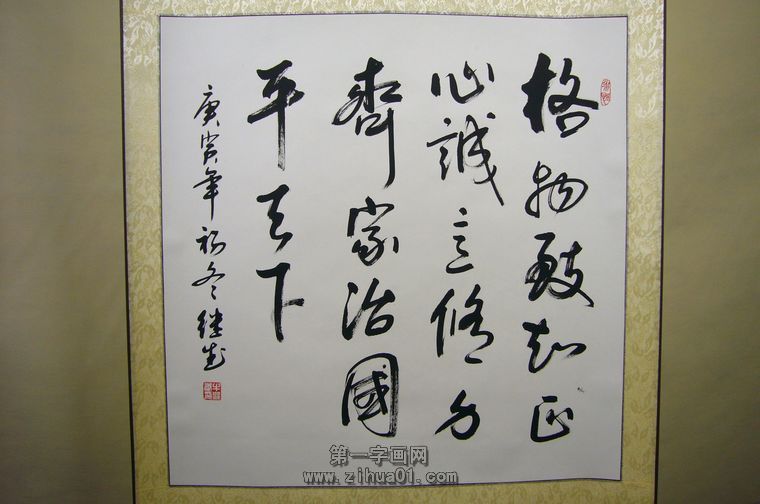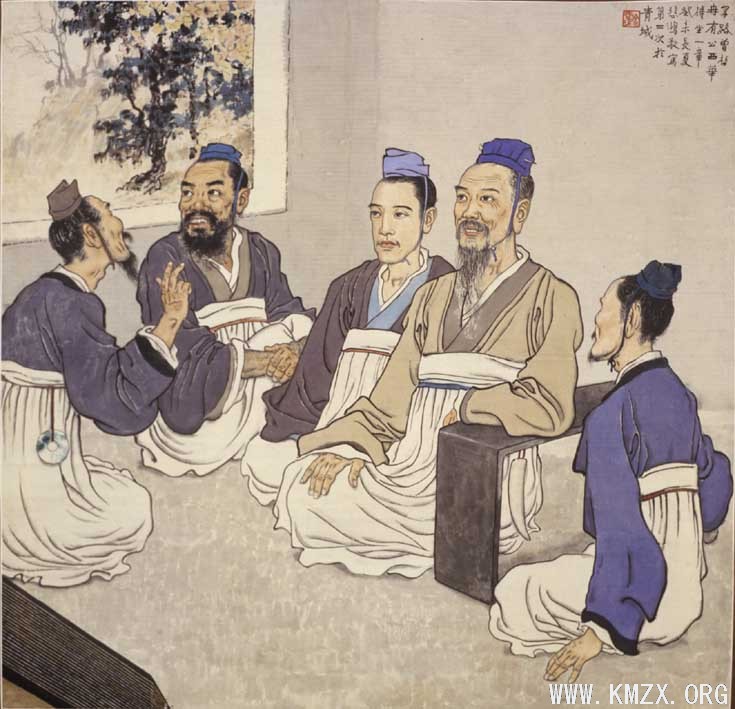Category: Chinese Philosophy
-

Confucius Analects – Cautions in 3 Stages of Life, facing desire – 孔子论语 – 人生三阶段留意事项,面对欲望
16.3 Three caution in three stages in life 孔子曰、君子有三戒、少之時、血氣未定、戒之 在色、及其壯也、血氣方剛、戒之在鬥、及其老也、血氣既衰、戒之在得。 Confucius said, ‘There are three things which the superior man guards against. In youth, when the physical powers are not yet settled, he guards against lust. When he is strong and the physical powers are full of vigor, he guards against quarrelsomeness. When he is…
-
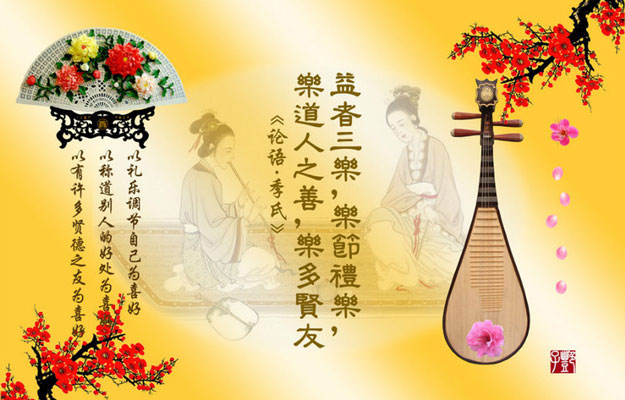
Confucius Analects – Different Types of Enjoyment – 孔子論語 – 不同種類的快樂
16.2 On enjoyment 孔子曰、益者三樂、損者三樂、樂節禮樂、 樂道人之善、樂多賢友、益矣。樂驕樂、樂佚遊、樂宴樂、損矣。 Confucius said, ‘There are three things men find enjoyment in which are advantageous, and three things they find enjoyment in which are injurious. To find enjoyment in the discriminating study of ceremonies and music; to find enjoyment in speaking of the goodness of others; to find enjoyment in having many…
-

Confucius Analects – Choosing Friends – 孔子论语 – 擇友
16.1 On friendships 孔子曰、益者三友、損者三友、友直、友諒、友多聞、益矣、友 便辟、友善柔、友便佞、損矣。 Confucius said, ‘There are three friendships which are advantageous, and three which are injurious. Friendship with the upright; friendship with the sincere; and friendship with the man of much observation:– these are advantageous. Friendship with the man of specious airs; friendship with the insinuatingly soft; and friendship with the glib-tongued:–…
-

Confucius Analects – Filial Piety – 孔子论语 – 论孝
Filial piety is one of the core virtues Confucianism advocates. It calls for kindness and respect towards our parents. Not only should one be filial towards one’s parents, one should be filial to all ancestors of the family and the race at large. Why? Vertically, we inherit the collective of what our ancestors have become;…
-

Confucius Analects – Wisdom and Awareness – 孔子论语 – 智慧,觉力
14.4 The wise stays in the present, is aware and alert 子曰、不逆詐、不億不信、抑亦先覺者、是賢乎。 The Master said, ‘He who does not anticipate attempts to deceive him, nor think beforehand of his not being believed, and yet apprehends these things readily (when they occur);– is wise.’ * * * Some people think that to be honest and to…
-
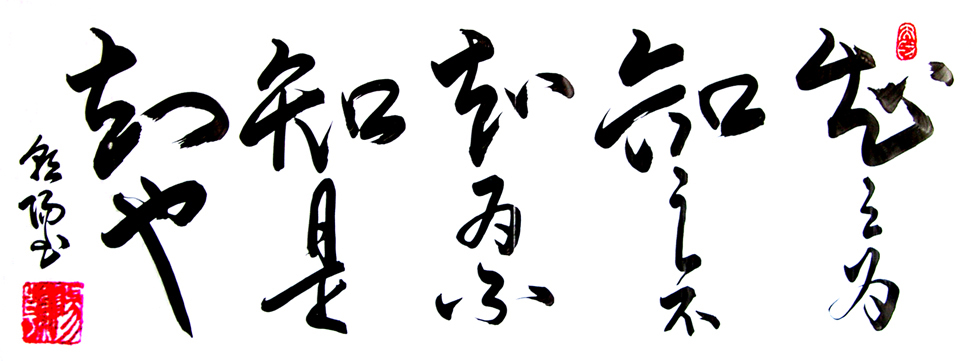
Confucius Analects – Knowing and Not-Knowing – 孔子论语 – 知是知,不知是不知
2.11 Knowing and not-knowing 子曰、由、誨女知之乎、知之為知之、不知為不知、是知也。 The Master said, ‘You [Yu], shall I teach you what knowledge is? When you know a thing, to hold that you know it; and when you do not know a thing, to allow that you do not know it;– this is knowledge.’ * * * What do we know? At…
-

Confucius Analects – Handling Mistakes – 孔子论语 – 如何面对和改正错误
15.11 Learn from mistakes 子曰、過而不改、是謂過矣。 The Master said, ‘To have faults and not to reform them,– this, indeed, should be pronounced having faults.’ 19.4 Superior man commits mistakes, he learns and changes through them 子貢曰、君子之過也、如日月之食焉、過也、人皆見之、更也、 人皆仰之。 Zigongsaid, ‘The faults of the superior man are like the eclipses of the sun and moon. He has his…
-
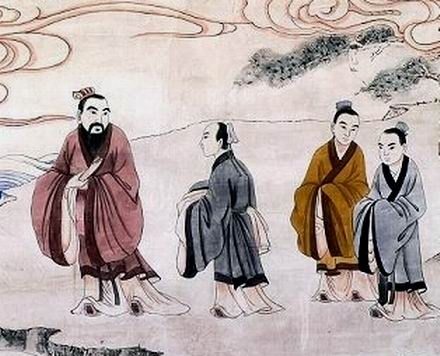
Confucius Analects – Confucius dislikes hypocrisy – 孔子论语 – 孔子不喜欢伪君子
5.6 Confucius dislikes hypocrisy 子曰、巧言令色、足恭、左丘明恥之、丘亦恥之、匿怨而友其人、 左丘明恥之、丘亦恥之。 The Master said, ‘Fine words, an insinuating appearance, and excessive respect;– Zuo Qiuming [Tso Ch’iu-ming] was ashamed of them. I also am ashamed of them. To conceal resentment against a person, and appear friendly with him;– Zuo Qiuming was ashamed of such conduct. I also am ashamed of it.’…
-
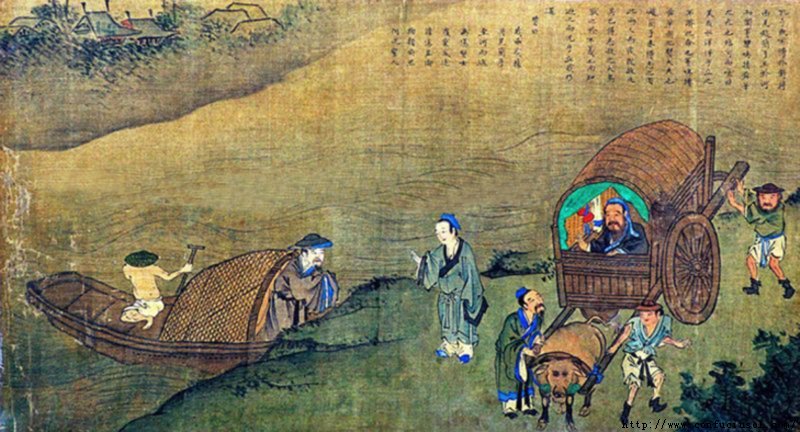
Confucius Analects – Life towards others (2) – 孔子论语 – 对人处世(2)
4.5 Learn from superior and mean man 子曰、見賢思齊焉、見不賢而內自省也。 The Master said, ‘When we see men of worth, we should think of equalling them; when we see men of a contrary character, we should turn inwards and examine ourselves.’ -> same as earlier class – There are teachers everywhere 12.3 Treat others as yourself 己所不欲、勿施於人。 not…
-
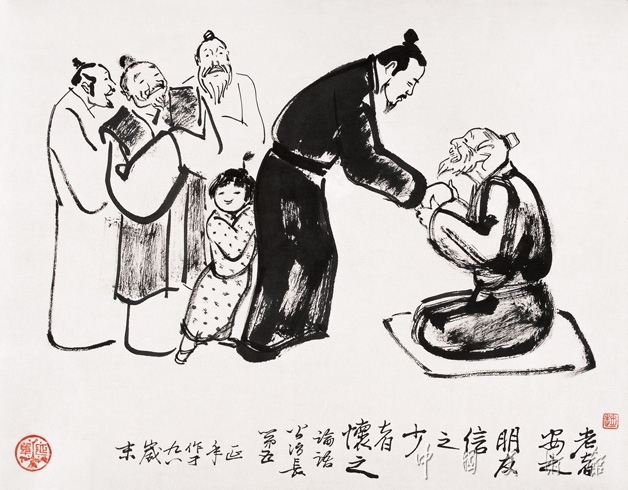
Confucius Analects – Life towards others – 孔子论语 – 对人处世
5.7 How to treat elders, friends, and young 子曰、老者安之、朋友信之、 少者懷之。 The Master said, ‘They are, in regard to the aged, to give them rest; in regard to friends, to show them sincerity; in regard to the young, to treat them tenderly.’ 1.3 Life and general conducts 子曰、弟子、入則孝、出則弟、謹而信、凡愛眾、而親仁、行有餘力、則以學文。 The Master said, ‘A youth, when at home,…
-
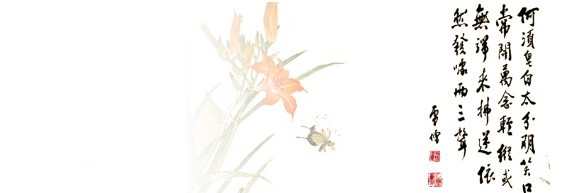
Confucius Analects – Avoid strange practices – 孔子论语 – 拒绝极端修炼
15.12 Choose learning rather than strange practices 子曰、吾嘗終日 不食、終夜不寢、以思、無益、不如學也。 The Master said, ‘I have been the whole day without eating, and the whole night without sleeping:– occupied with thinking. It was of no use. The better plan is to learn.’ * * * These practices of no food/no sleep are not to be followed blindly…
-
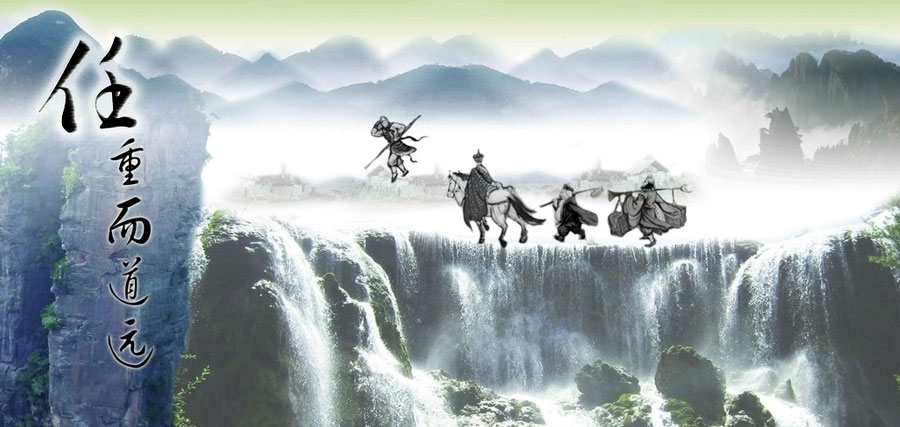
Confucius Analects – practice in all situations – 孔子论语 – 全方位修行
2.4 Conduct when alone, in different environment 子曰、吾與回言終日、不違、如愚。退兒省其私、亦足以發、回也不愚。 The Master said, ‘I have talked with Hui [Hui] for a whole day, and he has not made any objection to anything I said;–as if he were stupid. He has retired, and I have examined his conduct when away from me, and found him able to illustrate…
-
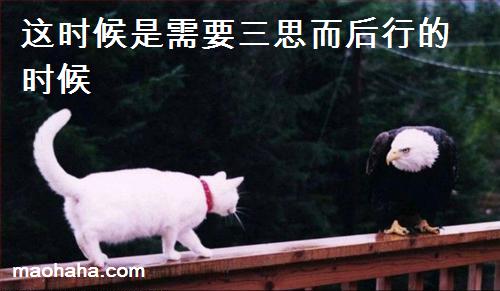
Confucius Analects – careful speech and conduct – 孔子论语 – 慎言慎行, 三思而後行
2.12 Careful speech and action 子曰、多聞闕疑、慎言其餘、則寡尤、多見闕殆、慎行其餘、則寡悔。 The Master said, ‘Hear much and put aside the points of which you stand in doubt, while you speak cautiously at the same time of the others:– then you will afford few occasions for blame. See much and put aside the things which seem perilous, while you are cautious…
-
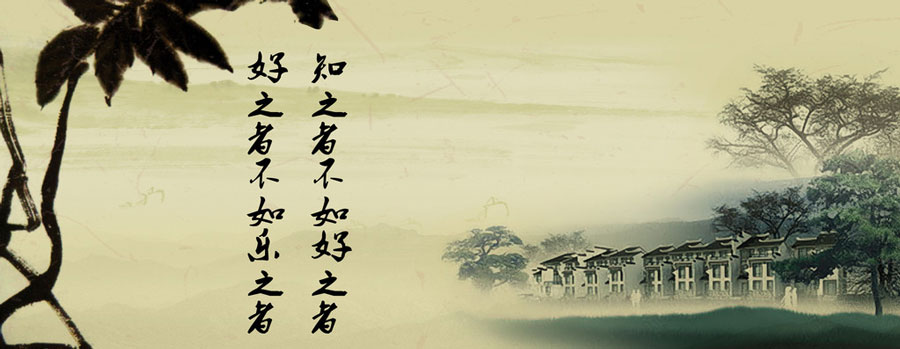
Confucius Analects – 3 Levels of Practice – 孔子论语 – 修行3阶段
Last week we finished our discussion on study. This week we start our discussion on practice. Practice is the application of knowledge in life. in Chinese practice is (修行), which includes study and application. Alongside with our ongoing study, let see what Confucius and his students had to say on how to practice, and how…
-
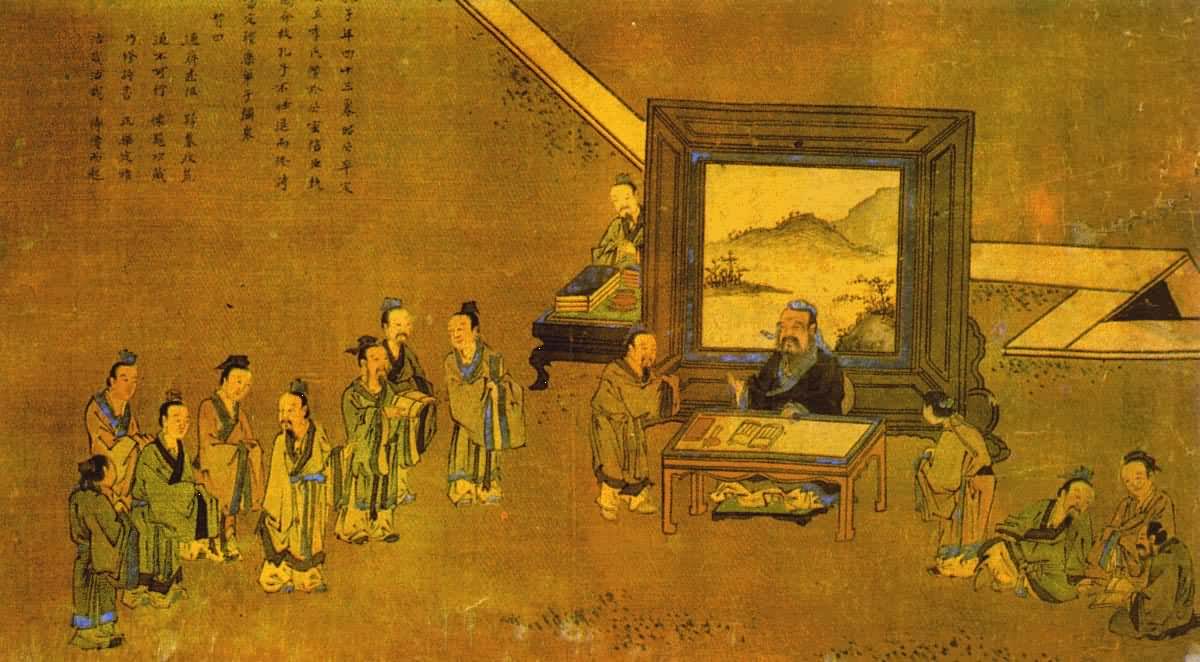
Confucius Analects – Balance Work and Study – 孔子论语 – 平衡工作与学习
19.3 Serving vs. learning 子夏曰、仕而優則學、學而優則仕。 Zixia said, ‘The officer, having discharged all his duties, should devote his leisure to learning. The student, having completed his learning, should apply himself to be an officer.’ * * * Zixia, a prominent student of Confucius, talked about the importance of balancing work and study. When we are in…
-

Confucius Analects – There are teachers everywhere – 孔子论语 – 三人行、必有我師焉
7.4 There are teachers everywhere 子曰、三人行、必有我師焉、擇其善者而從之、其不善者而改之。 The Master said, ‘When I walk along with two others, they may serve me as my teachers. I will select their good qualities and follow them, their bad qualities and avoid them.’ * * * Discussion: Last week there was a question about where or whom to learn from.…
-
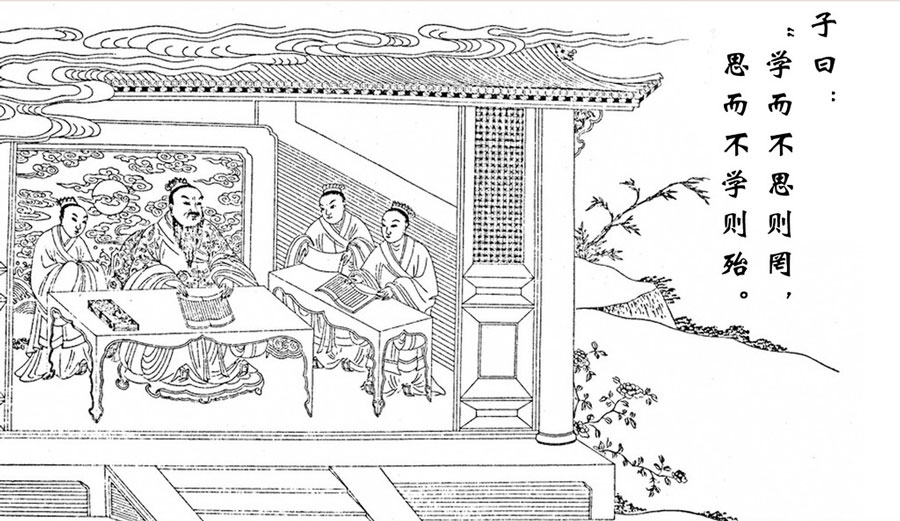
Confucius Analects – Study: ask, learn, and think – 孔子论语 – 学: 不恥下問,学与思
Last week we finished the discussion on the general image of a proper Confucius/Superior Man. This week we start the discussion on the topic of study. Study leads to knowledge. The world “knowledge” in Chinese, consists of two components: Learn (学)and Ask (问). Learn implies acquiring, while ask includes thinking and inquiring. These 2 components…
-
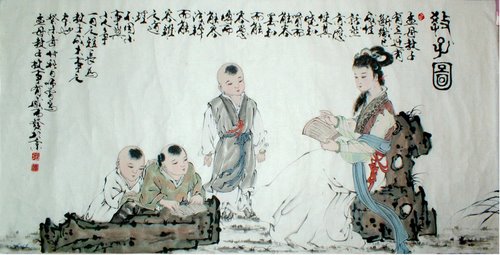
Confucius Analects – What superior man does not like – 孔子论语 – 君子亦有惡
17.5 What superior man does not like 子貢曰、君子亦有惡乎。子曰、有惡、惡稱人之惡者、 惡居下流而訕上者、惡勇而無禮者、惡果敢而窒者。 Zigongsaid, ‘Has the superior man his hatreds also?’ The Master said, ‘He has his hatreds. He hates those who proclaim the evil of others. He hates the man who, being in a low station, slanders his superiors. He hates those who have valour merely, and are…

